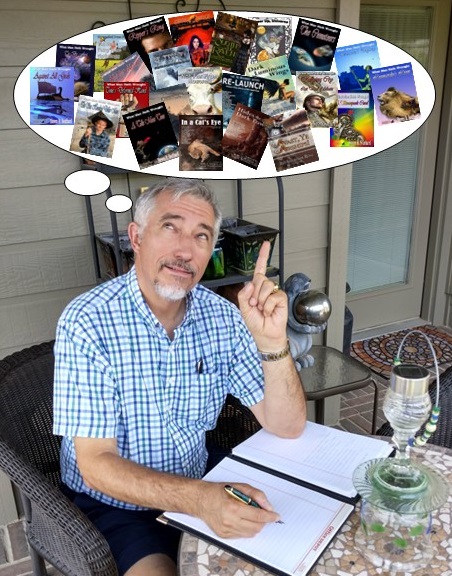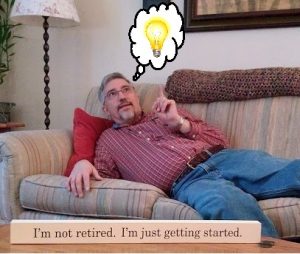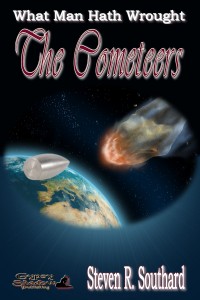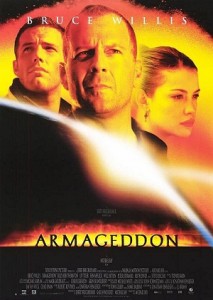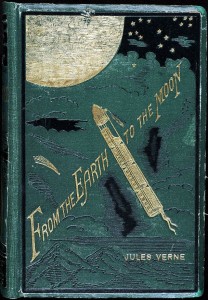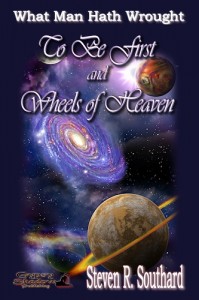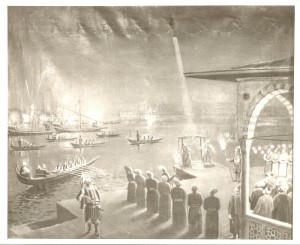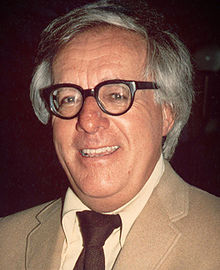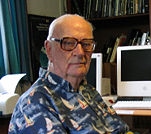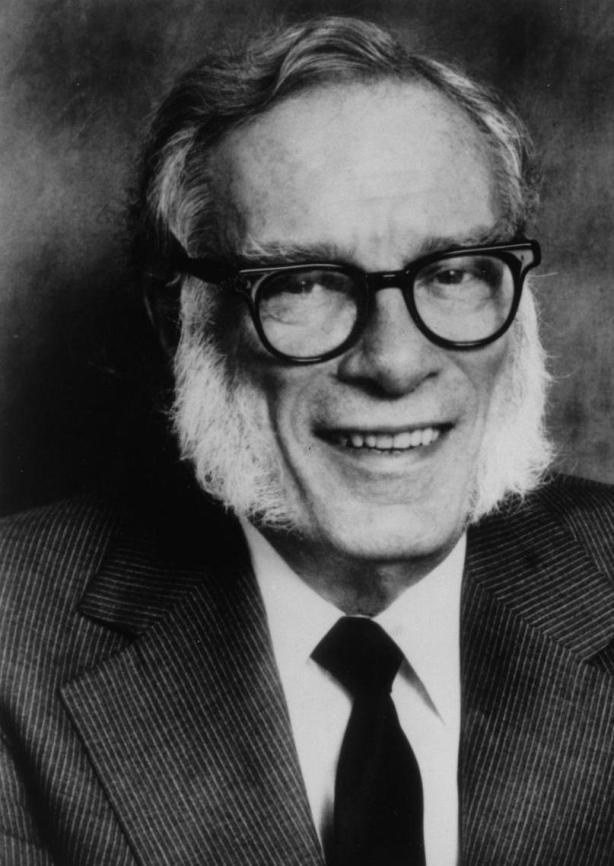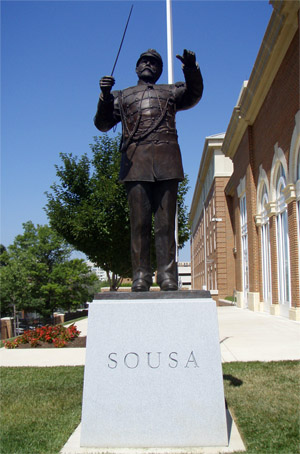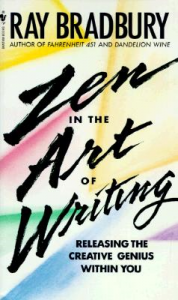What inspires you to write your stories? A picture, a song, an idea, a TV show, a movie, an article you read, an event in your life or someone else’s?
Perhaps you’ve drawn inspiration from varied sources. You may be wondering which of these sources resulted in your best stories. If you knew that answer, you could dip your mental bucket into that well more often. There’s a way to find out.
First, look over your collection of stories. Rate them in order from best to worst. Now list the source that inspired each story beside the appropriate title in your list. Does a single source dominate the top of your list? That should be your go-to source for inspiration.
I surveyed my 31 published short stories. Here is the breakdown of the inspiration sources: anthologies—10, historical research—10, critique group discussion—4, movies—2, book—1, TV show—1, song lyrics—1, family—1, and SF convention—1.
After rating my stories from best to worst using the pair-wise comparison method (a painful task, since I love them all), I found 6 of the top 10 owe their genesis to calls for submission to anthologies. That is, an anthology publisher put out a call for submission, the subject intrigued me, and I wrote a story. Of my 10 worst stories, no single prompt dominated that list.
I’d be tempted to conclude that anthologies spark my best stories, and, if so, I’d be advised to continue to look for those possibilities.
However, I’m trying to grow as a writer. Neither my current work in progress nor any of my recently written, unpublished stories found inspiration from anthologies.
If you try this exercise, perhaps the results will turn out differently for you and prove more useful to your writing. For me, I’ve decided to remain open to all sources of inspiration. When my muse nags me about an idea, I’ll listen to her and write that story, no matter what prompted it.
Who knows what source will inspire your next story? It could be anything. The world is full of ideas, plenty enough for you, and for—
Poseidon’s Scribe

